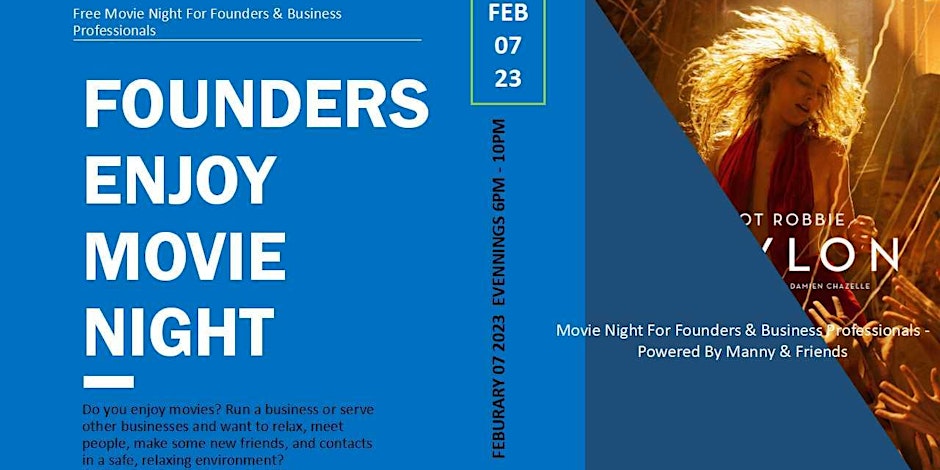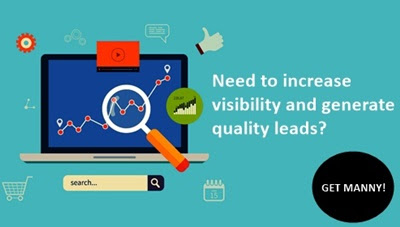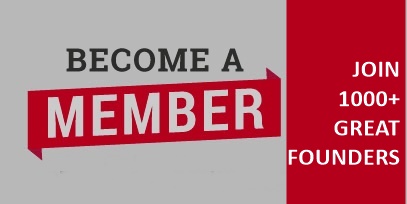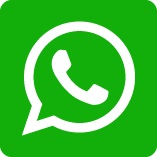
Looking for media attention? Make yourself accessible and appealing by laying out the right information online. By Tim Donnelly
When journalists want to find you, they're looking specifically to talk to an official at your company about product releases, company news, or new trends. Other times, they're looking to get in touch with any number of similar companies to comment on changes in the industry or to seek out an expert in the field for a broader story. Especially in that second case, you want the media to be able to navigate your website quickly and find out if the experts at your company are what they're looking for. After that, you need to make sure reporters and editors can get everything they need—from contact information to photos—quickly and seamlessly.
Creating a good press page or media center on your website is simple and quick if you follow these rules recommended by industry experts.
• The media center part of your website should be obvious and identifiable from the home page.
• Put a direct phone number and e-mail address for your designated media affairs representative, or for the specific members of your company you want the media to talk to.
• Providing some quick and easily digestible biographical information is important.
• Include a list of your most recent press releases and an archive of your past releases, in chronological order. Keep these in traditional press release format and make sure they're readable across all platforms.
• If you're trying to get a company executive or employee on TV to talk as an expert in the field, you want to reassure journalists that the person knows how to handle an interview. It is recommended posting one or two of your best previous media appearance videos that highlight your composure.
• Artwork on your press page can include company logos, photos of top executives, product photos, recent charts or other graphical data, Stoller says. He recommends providing two versions 72 dpi for online use and higher resolution 300 dpi for traditional print publications.





















